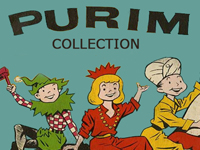3 Interesting Facts about Xavier Cugat! – Celebrating Hispanic / Latino Heritage Month
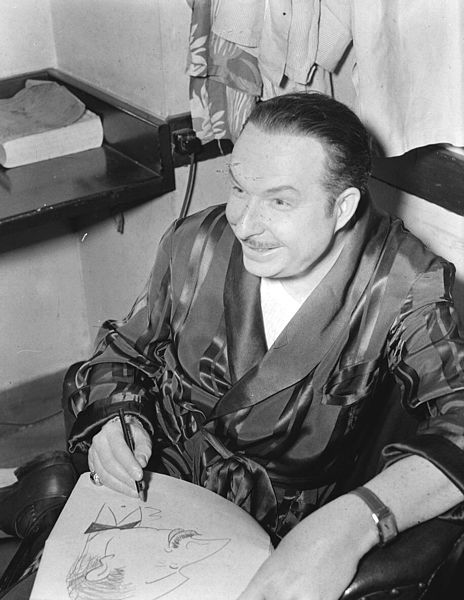
Photo of Xavier Cugat. This work is from the William P. Gottlieb collection at the Library of Congress.
As part of Hispanic / Latino Heritage month, we’d like to take the opportunity to introduce you to some important artists who shaped the world of Latin music into what it is today. Today we would like to highlight Xavier Cugat. Born January 1, 1900 in Catalonia, Spain, his family had bigger plans venturing first to Cuba when he was five. In Cuba, this is where Xavier picked up the violin training as a classical violinist he went on to play with the Orchestra of the Teatro Nacional in Havana.
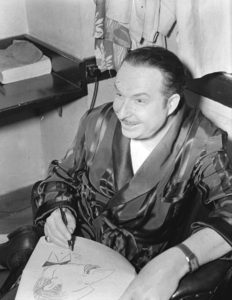
Photo of Xavier Cugat. This work is from the William P. Gottlieb collection at the Library of Congress.
Xavier trained further in Paris and Berlin and in 1915, his family boarded the SS Havana en route to New York City where Cugat went on to train before serving five years as a violinist appearing in recitals with Erinco Caruso. Cugat went on to lead the resident orchestra at the Waldorf-Astoria before and after World War II before venturing out west to Los Angeles.
Here are 3 interesting facts about Xavier Cugat, you may or may not know about him.
Three interesting facts about Xavier Cugat!
1. He was a classically trained violinist who conducted with his bow, and can be seen in quite a few films waving his violin bow. Below is an animated gif showcasing Xavier Cugat in Stage Door Canteen waving his bow as he conducts his orchestra. You can watch the clip below from Stage Door Canteen, 1943 where Xavier Cugat can be seen conducting with his bow at 1:16.
2. Xavier was known as the Rhumba King and is credited with pushing Latino music and dance into popularity and best-known for having popularized the rumba in the United States during the 1930s.
He and his band, the Gigolos, were featured in several popular Hollywood movies in the 1940s and 1950s. They introduced many popular Latin American rhythms to North American audiences and toured extensively every year, playing tangos, rumbas and congas.
“Under the influence of tropical skies and a couple of daiquiris, people developed a taste for my Latin American style of music,” he once said.
3. Xavier went on to work for the Los Angeles Times as a cartoonist. Not a huge stretch, considering art seemed to run in the family. His older brother Francis Cugat worked as a portrait, poster, book jacket artist and set designer. He is known for his 1925 cover of The Great Gatsby by F. Scott Fitzgerald. Cugat himself can be seen in a few films drawing his caricatures prior to or during a performance.
Here at the Recorded Sound Archives, we have over 30 recordings by Cugat and several of this bands. To listen to more music by Cugat, click here.
In celebration of Hispanic / Latino Heritage month, we have digitized over 180 Latin American recordings for you to listen to. Click here to view collection.
Please note, due to copyright some items may only be available as a 45 second snippet.
If you are a Researcher or Educator in need of full access to these recordings, click here.
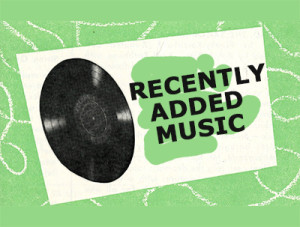
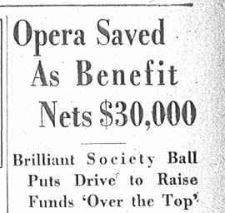
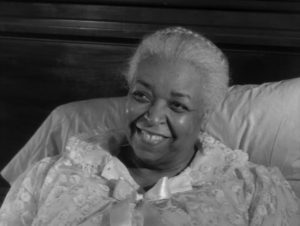
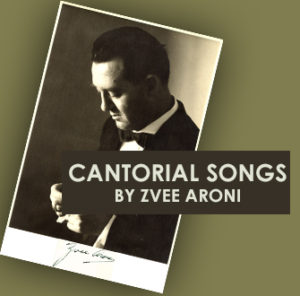
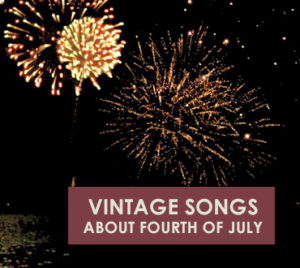 Celebrate this Fourth of July by listening and discovering some vintage songs from the early 1900s. Listen to a funny monologue and learn how the Fourth of July was celebrated at the Pun’kin Center back in 1915 or learn more about the Declaration of Independence, Thomas Jefferson and other Americana.
Celebrate this Fourth of July by listening and discovering some vintage songs from the early 1900s. Listen to a funny monologue and learn how the Fourth of July was celebrated at the Pun’kin Center back in 1915 or learn more about the Declaration of Independence, Thomas Jefferson and other Americana. Celebrate this Summer by listening and discovering some vintage songs from the early 1900s about summer and/or the summertime. Below you will find a list of over 20 songs for you to share and enjoy this year with family and friends.
Celebrate this Summer by listening and discovering some vintage songs from the early 1900s about summer and/or the summertime. Below you will find a list of over 20 songs for you to share and enjoy this year with family and friends.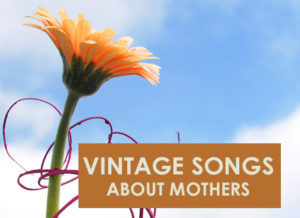 Celebrate this Mothers Day by listening and discovering some vintage songs from the early 1900s about mothers. There’s even a song or two about Dad and a fun Monologue called
Celebrate this Mothers Day by listening and discovering some vintage songs from the early 1900s about mothers. There’s even a song or two about Dad and a fun Monologue called 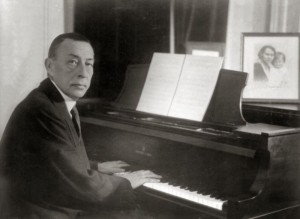 While digitizing recordings by Sergei Rachmaninoff at the Recorded Sound Archives, we found some interesting facts about Rachmaninoff that you may not of known. Such as did you know….
While digitizing recordings by Sergei Rachmaninoff at the Recorded Sound Archives, we found some interesting facts about Rachmaninoff that you may not of known. Such as did you know….
